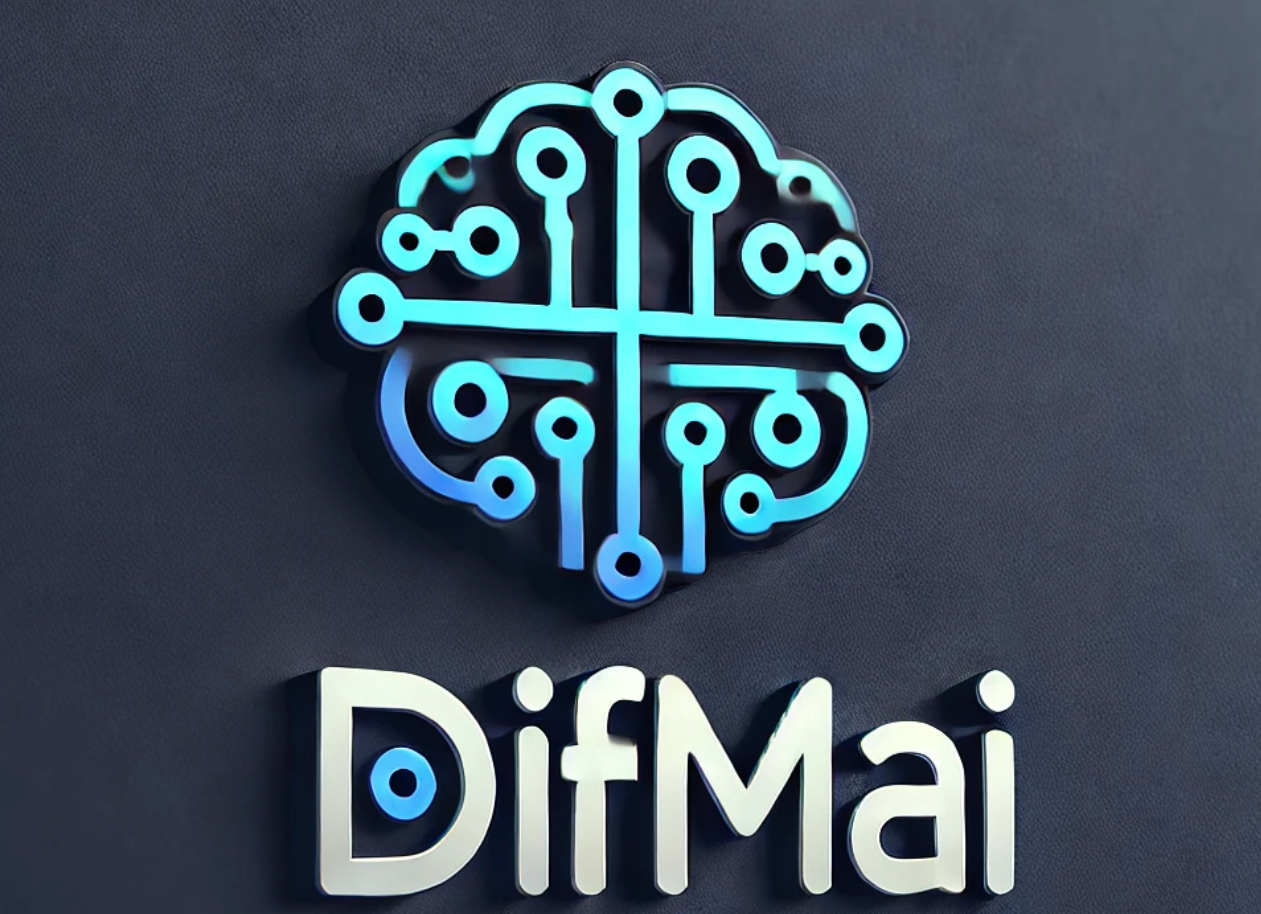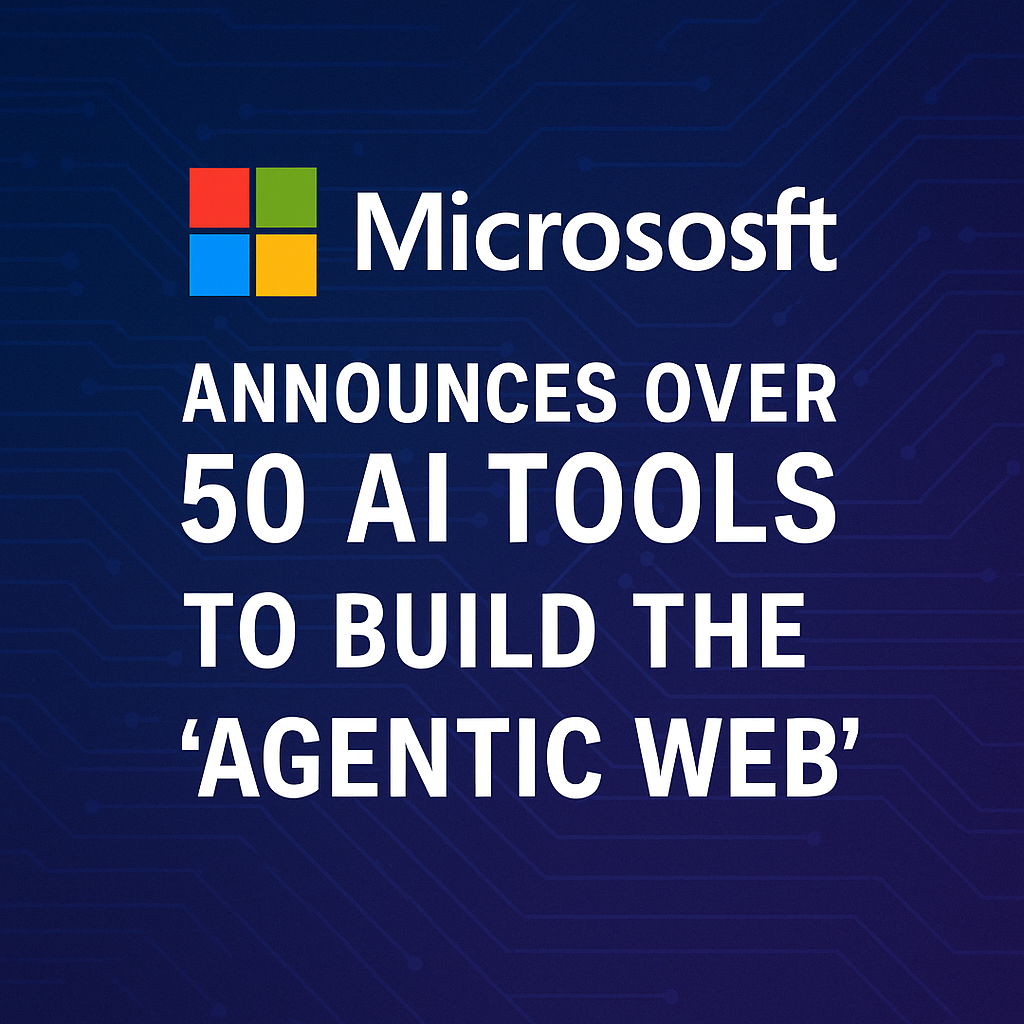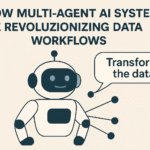TL;DR
At Build 2025, Microsoft launched a bold new vision to lead the next evolution of the internet — the agentic web. With over 50 AI tools unveiled across GitHub, Azure, Windows, and Microsoft 365, the tech giant is redefining how autonomous AI agents will transform software development, business automation, and scientific discovery.
What Is the Agentic Web?
Unlike traditional AI assistants that wait for human prompts, AI agents can now initiate actions, make independent decisions, and coordinate with other agents. Microsoft calls this shift the “agentic web,” where autonomous systems drive digital workflows with minimal human input.
Frank Shaw, Microsoft’s Chief Communications Officer, summarized it best: “We’ve entered the era of AI agents.”
Memory Is the Missing Piece — Until Now
One of the key upgrades enabling agentic capabilities is memory. Kevin Scott, Microsoft CTO, noted that memory is essential for agents to handle more complex tasks.
To solve this, Microsoft introduced Structured Retrieval-Augmented Generation (RAG), enabling agents to recall and apply information contextually across tasks.
GitHub Copilot Evolves into an Autonomous Developer Agent
Microsoft expanded its popular GitHub Copilot from a code-suggestion tool to a full-fledged autonomous coding assistant. Now, it can:
- Refactor code
- Improve test coverage
- Fix bugs
- Implement new features autonomously
Additionally, GitHub Copilot Chat is being open-sourced in Visual Studio Code, allowing developers to shape its future together.
Azure AI Foundry Enables Multi-Agent Business Workflows
Enterprise-grade multi-agent orchestration is now possible with the updated Azure AI Foundry Agent Service. This platform supports open protocols like:
- Agent2Agent (A2A) for inter-agent communication
- Model Context Protocol (MCP) for cross-platform data context
Ray Smith, Microsoft’s VP of AI Agents, stressed the importance of modular, multi-agent systems to improve both reliability and scalability.
Introducing Windows AI Foundry for On-Device Intelligence
Microsoft is also betting big on local AI. The new Windows AI Foundry enables developers to deploy AI agents directly on user devices. Built on ONNX Runtime, it supports:
- Windows 11
- macOS
- Privacy-first applications
- Offline AI capabilities
Enterprise-Grade Identity and Governance for AI Agents
To manage the explosion of autonomous agents in businesses, Microsoft introduced:
- Entra Agent ID: Gives each agent a unique enterprise identity
- Microsoft Purview Integration: Enables governance, data loss prevention, and sensitive data detection in agent interactions
This helps eliminate what Microsoft terms “agent sprawl” — the chaotic growth of unmanaged AI agents.
Microsoft Discovery Platform Accelerates Scientific Breakthroughs
One of the most compelling use cases unveiled was Microsoft Discovery. In a standout example, the platform helped identify a non-PFAS immersion coolant in just 200 hours — a process that usually takes years.
Using AI agents, Microsoft screened over 367,000 chemical candidates rapidly, demonstrating the future of AI-powered R&D.
Establishing Standards for a Connected Agent Ecosystem
To ensure interoperability, Microsoft joined the MCP Steering Committee and introduced:
- A new MCP server registry
- Updated authorization specs
It also launched NLWeb, an open project that lets websites offer conversational interfaces compatible with any AI model the user prefers — essentially a new HTML for the agentic web.
Microsoft’s Strategic Positioning in the AI Agent Race
From open-source contributions to proprietary enterprise tools, Microsoft is covering all fronts. The approach mirrors its cloud strategy: comprehensive, developer-friendly, and scalable.
Kevin Scott concluded the Build conference with optimism: “The last time I felt this excited as a developer was in the 90s.”
Conclusion: The Future Is Agentic
AI agents are no longer hypothetical. They are here, operational, and rapidly evolving. Microsoft’s aggressive push positions it as a central force in this new computing paradigm.
The only question left: How fast can enterprises adapt to a world where machines don’t just respond — they anticipate, decide, and act?
Source
Read the full article on VentureBeat
Related
Amazon’s Nova Act: The AI Agent Set to Revolutionize Daily Life



